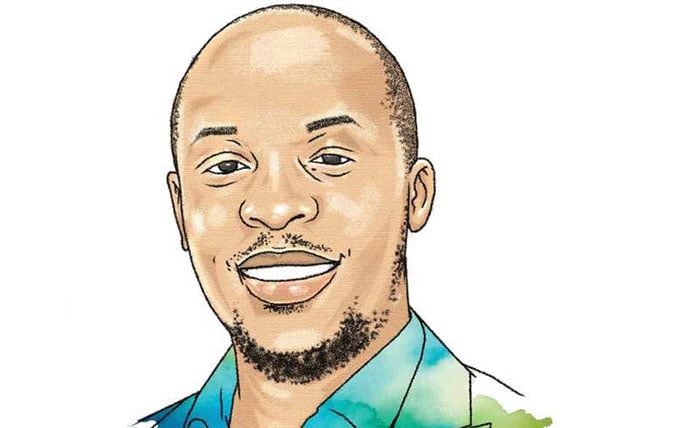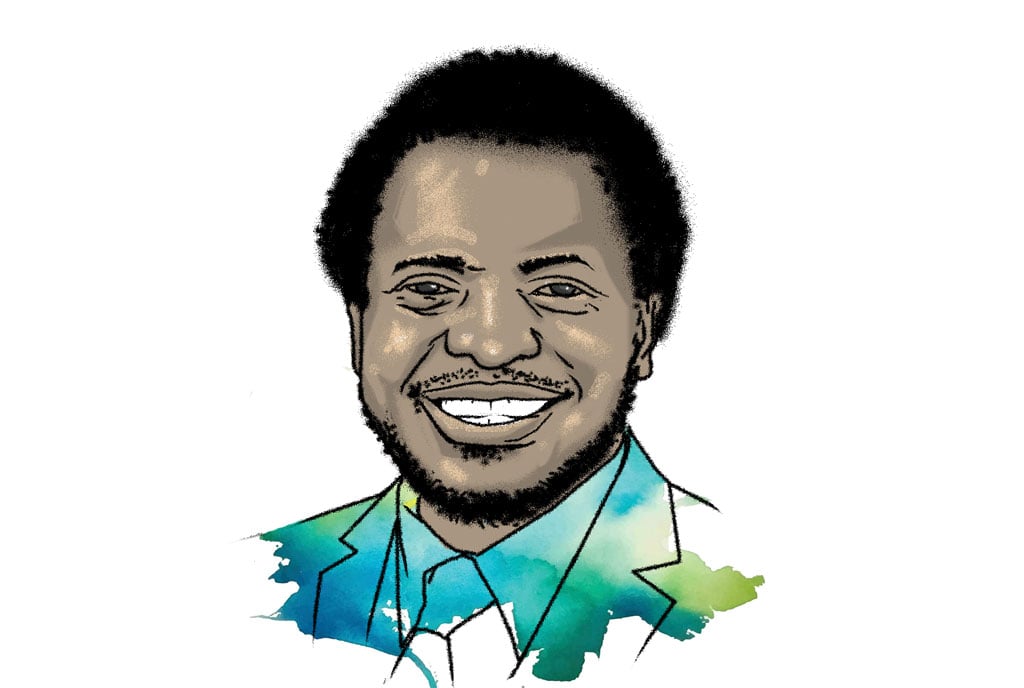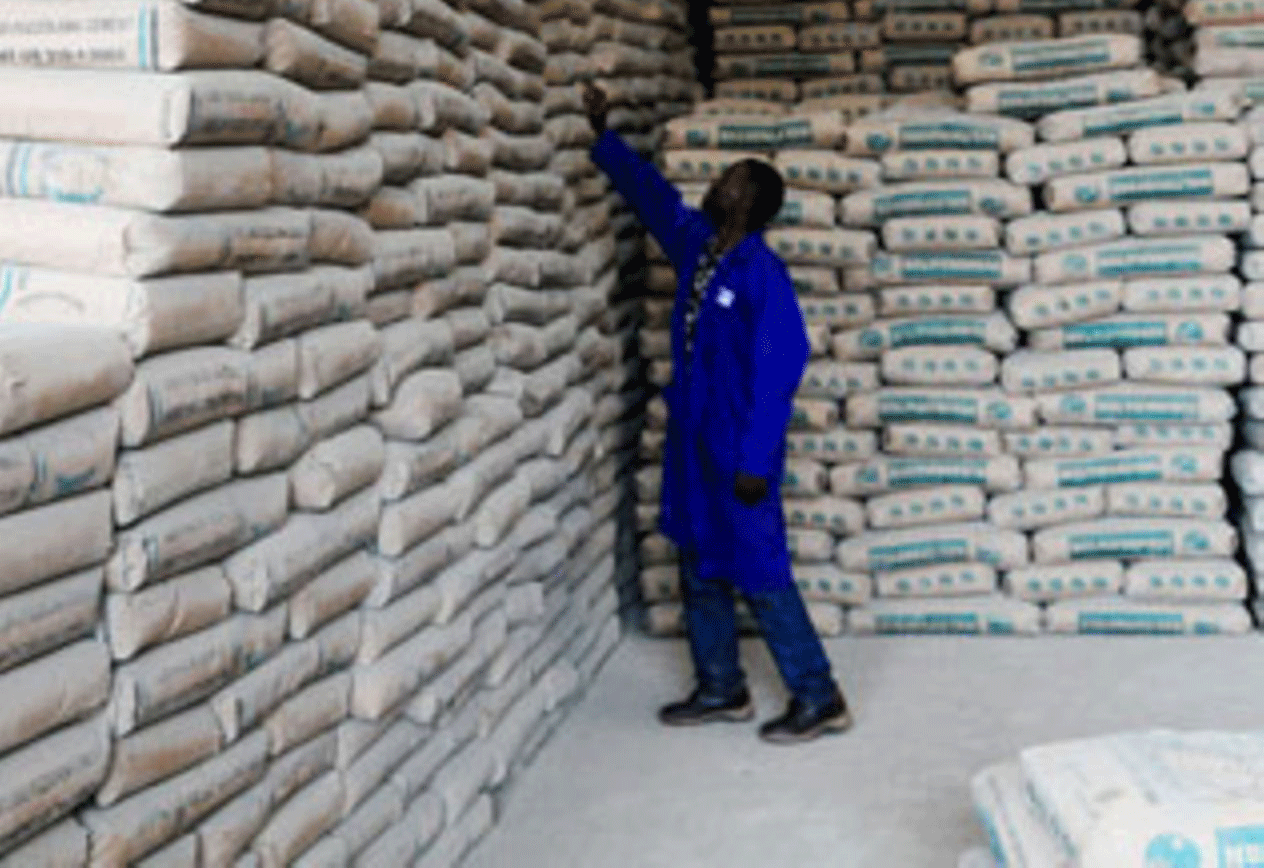
Mr Arthur Mukembo, Future Lab Studio Lead at The Innovation Village
The digital economy is becoming an integral part of daily life across Africa, touching everything from streaming services to mobile payment apps.
Even high-end brands that were once associated with exclusivity are embracing digital platforms. For example, African fashion houses, known for their bespoke, hand-crafted items, are now collaborating with virtual platforms to offer digital versions of their designs. This trend allows them to reach new audiences through the virtual world.
For marketers, it is crucial to recognise how the lines between traditional offline and online marketing are increasingly blurred. This economy relies heavily on data to fuel its operations, decisions, and growth.
In the digital world, almost everything we do online generates data—whether it's browsing websites, using apps, streaming videos, or making purchases. This data is collected, analysed, and used by companies to improve their products, personalise user experiences, and make strategic decisions.
This shift to a data-driven economy has enabled companies world over to better understand and cater to their customers. Collecting vast amounts of data from users helps personalise experiences and services, such as the local music streaming service Boomplay, which uses algorithms to recommend music based on listener habits.
Boomplay, or Boomplay Music, is an Africa-focused media streaming and download service. Developed by Transsnet Music Limited, the platform was first launched in Nigeria in 2015 by TECNO Mobile, Transsion Holdings.
Another African example of digital transformation can be found in the rise of Jumia. Before its launch in 2012, shopping in many parts of Africa meant visiting crowded markets and stores.
Jumia revolutionised this by bringing an online shopping experience to millions across the continent. People could now order products from clothing to electronics from the comfort of their homes and have them delivered within days.
Jumia's rise mirrors how companies like Netflix disrupted industries elsewhere, though in Africa, the shift to e-commerce happened much faster thanks to mobile technology.
The key differences between a traditional and digital economy are clear. Physical goods are being replaced by digital products, brick-and-mortar stores are making way for online shops, and cash transactions are rapidly being replaced by mobile money. This is especially evident in East Africa, where mobile payment systems like M-Pesa in Kenya and MTN Mobile Money in Uganda dominate, enabling cashless transactions even in remote areas.
Navigating the digital economy in Africa is both exciting and challenging because it's rapidly evolving. Arthur Mukembo, who is the Future Lab Studio Lead at The Innovation Village where he is connecting founders and corporate innovation leaders to opportunities, tools and capital to build and scale tech and tech-enabled systems, products and ventures joins us on this conversation.
Per Mukembo, the firm he works for—Innovation Village—sets out to unlock systems of opportunity and the vision that drives Africans in this idea of “how do we unlock Africa free to architect its future.”
The United Nations Economic Commission for Africa estimated that globally, more than one in four people will be African in 2050, from one in 11 in 1960. This 63 percent increase in population, it says, will increase Africa's share in the world's population from 10 percent in 1960 to 28 percent by 2050.
“Most of our young people today comprise our demographics. In fact, seven of 10 people will easily be 30 years and below by that time
This fabric now unfolds into where and how we are building wealth, where and how the economy is going,” Mr Mukembo tells Lunch with the DM.
If I unpack this a little bit more, he says, there are three companies in the world that have had the privilege of breaking the three trillion dollar valuation mark. It is Microsoft, Apple, and NVidia, most recently.
“$3 trillion dollars is Africa’s’ gross domestic product. Think about it – three companies have generated the equivalent of 54 countries of 1.3 billion people. So there is a huge opportunity for us to reimagine how we unlock the opportunity from people that reflect what we are as a society,” he says.
At this point, it is even becoming scary that a whole continent’s gross production in a year is outpaced by a firm somewhere else in the world. He says local authorities and entrepreneurs need to think and see where to start to see something like this break apart.
As Mr Mukembo explains, he expresses some hope in Uganda’s recent efforts to develop new cities across the country. Before the creation of these 10 or so cities, around 70 percent of the population lived in rural areas. In these rural areas, communities tend to either be closely packed together or spread far apart from each other. Additionally, people in these rural communities generally have lower purchasing power.
But that is not enough, Mr Mukembo explains, because people need access to affordable goods and products in order to support consumption.
“There is a challenge in providing this value—specifically, in figuring out the cost of acquiring, activating, reaching, and serving each customer. The real opportunity lies in partnering with anyone who can help reduce the obstacles in that process, and you should work with them as quickly and efficiently as possible,” he says.
“If you're developing a solution aimed at reaching more smallholder farmers, like many of the tech companies you'll hear from, it's crucial to first understand the market context you're entering. You need to know what these farmers are currently doing, what their goals are, what ecosystems they are part of, and where they operate within the value chain,” he adds.
Mr Mukembo further says that if someone is aiming to provide a solution in this regard, they need to understand the ecosystem thoroughly. This allows them to identify gaps and spot opportunities they can capitalise on.
Building on that, you can then ask yourself, ‘What solution can I offer to meet their needs?’ It could be providing access to inputs, financing, or even solar irrigation technology that could potentially increase farm productivity tenfold.
“And then we start to unpack what that then means. It’s the cost of the device; it’s the logistics to bring it to them, it’s that if it breaks down at some point, we need to repair it. That’s where you now say that as a technology company, I am positioned in this equation. Everything that does not relate to where you are best positioned in that position, you need to partner,” Mr Mukembo says.
The firm he works for, Innovation Village, has formed a partnership with FSD Uganda to advance the concept of platform economies. This collaboration aims to leverage digital platforms to drive economic growth and innovation. By combining Innovation Village’s expertise in fostering startups and entrepreneurship with FSD Uganda’s focus on financial inclusion and development, the partnership seeks to create a robust ecosystem that supports scalable business models and enhances access to financial services.
The initiative focuses on integrating technology to streamline processes, improve efficiency, and unlock new opportunities for businesses and individuals in Uganda.
“Consider the value you can generate at each step of a process and explore partnerships to amplify that value and opportunity. A prime example is our collaboration with Mastercard through the Community Plus platform. Community Plus has demonstrated how impactful such partnerships can be. Building offline infrastructure quickly and developing solutions tailored to specific groups, like farmers, can be challenging when tackled alone. By working together, we can leverage shared resources and expertise to overcome these obstacles more effectively,” Mr Mukembo says.
He explains that his team’s role is to connect with partners like Mastercard, who have already addressed these challenges across seven countries in Africa and in India. They then work backward to help innovators like us leverage the solutions these partners have developed. This approach allows us to use their existing infrastructure and expertise to deploy specific use-cases more effectively.
“Like we have supported you to validate,” he says. “That’s the journey.”
As Africa stands on the cusp of a digital revolution, the convergence of technology and innovation holds the promise of transforming the continent’s economic landscape.
Mr Mukembo's insights reveal a compelling vision for harnessing the power of partnerships and data-driven solutions to unlock Africa’s potential. By embracing a collaborative approach and leveraging established global frameworks, innovators and entrepreneurs are not just building for today but shaping a future where Africa can redefine its place on the world stage.
As we navigate this exciting era, innovation experts have taught us that the key will be to continuously adapt, collaborate, and seize the vast opportunities that lie ahead.








